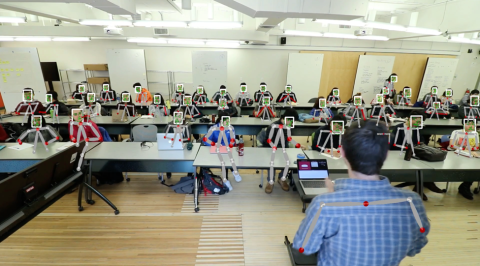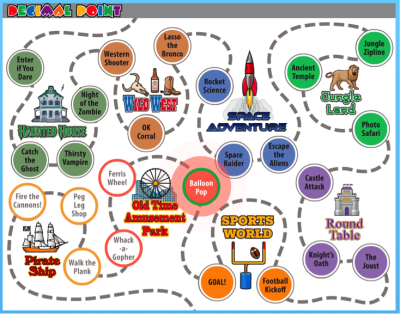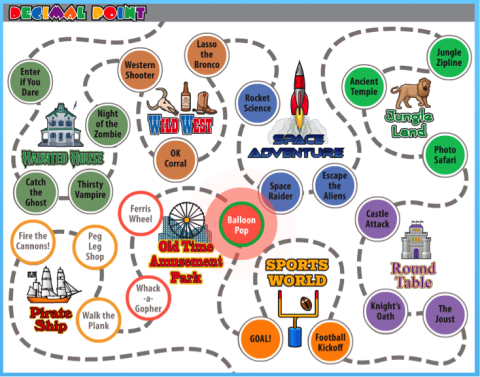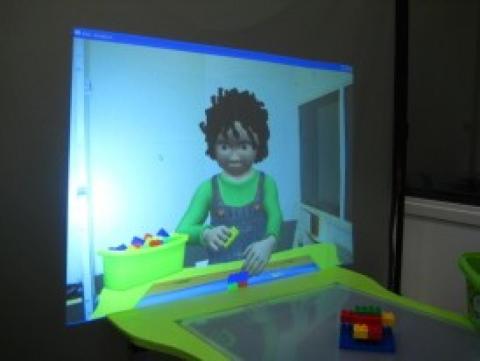Learning Sciences and Educational Technologies
Understanding and improving how people learn using technology is at the core of human-computer interaction, learning sciences and educational technologies.
This interdisciplinary area builds on insights from cognitive science, psychology, education, computer science, and design to create effective educational tools and accessible learning environments. As technologies change, the learning sciences do as well. Today, educational technologies also include mixed-reality learning environments, educational games, intelligent tutoring systems, online courses, artificial intelligence (AI), learning analytics, and more.
Digital learning experiences can be adaptive, accommodating and responding to individual students' needs, which can lead to better engagement and improved learning outcomes. As HCII researchers continue their work, the LearnLab offers resources and support to the broader learning community, including a week-long Summer School for other educators.
Students who want to learn more about this HCI research area might be interested in the following courses:

ClassInSight
PROJECTWhile much of education research is focused on student performance, this research turns the focus to the development of the teacher....
-

Decimal Point: Can Having Fun Increase Learning?
NEWSWhen it comes to learning math, how much fun you are having is rarely factored into the equation. That isn't to say that game designers ha...
Connection Machines
PROJECTOur Connection Machines project investigates nonverbal and verbal behaviors of two partners in a conversation setting in the context of rapport. We have c...
AdaptErrEx
PROJECTThe AdaptErrEx project, funded by the U.S. Department of Education, has developed materials to support learning of decimals through erroneous examples. Th...
Scaffolding Science Achievement in a Culturally Diverse Classroom
PROJECTIn this project, we aim to address the systematically-reduced standardized test scores of African American students compared to their Euro-American peers ...
Personal Informatics for Intercultural Competence
PROJECTWorking and living internationally can be a rewarding but difficult experience. This project investigates how people gain intercultural competence while d...
Lowering Barriers to Access and Enhancing Play in MOOCs
PROJECTIf Massive Online Open Courses (MOOCs) are the democratizing educational innovation that many claim them to be, then why do the largest proportion of MOOC...
LASAD
PROJECTThe LASAD project is focused on helping students learn to argue, debate and think critically by working collaboratively on a webpage that allows creation ...
IDEA: Evidence-Based Online Learning Courseware Engineering
PROJECTThis research aims to improve student learning effectiveness, efficiency, and enjoyment in online courses (aka MOOCs) by using online learning data to pro...

Decimal Point
PROJECTWhen it comes to learning math, how much fun you are having is rarely factored into the equation. That isn't to say that game designers have not tried to ...
Bazaar
PROJECTBased on our experiences with designing and engineering multi-party conversational environments such as collaborative learning systems that involve integr...
Adaptive Cyber-Learning With a Sensor Support
PROJECTThis project aims to better support student learning by adapting computer-based tutoring to individual learning phases and real-time capabilities. The sp...


